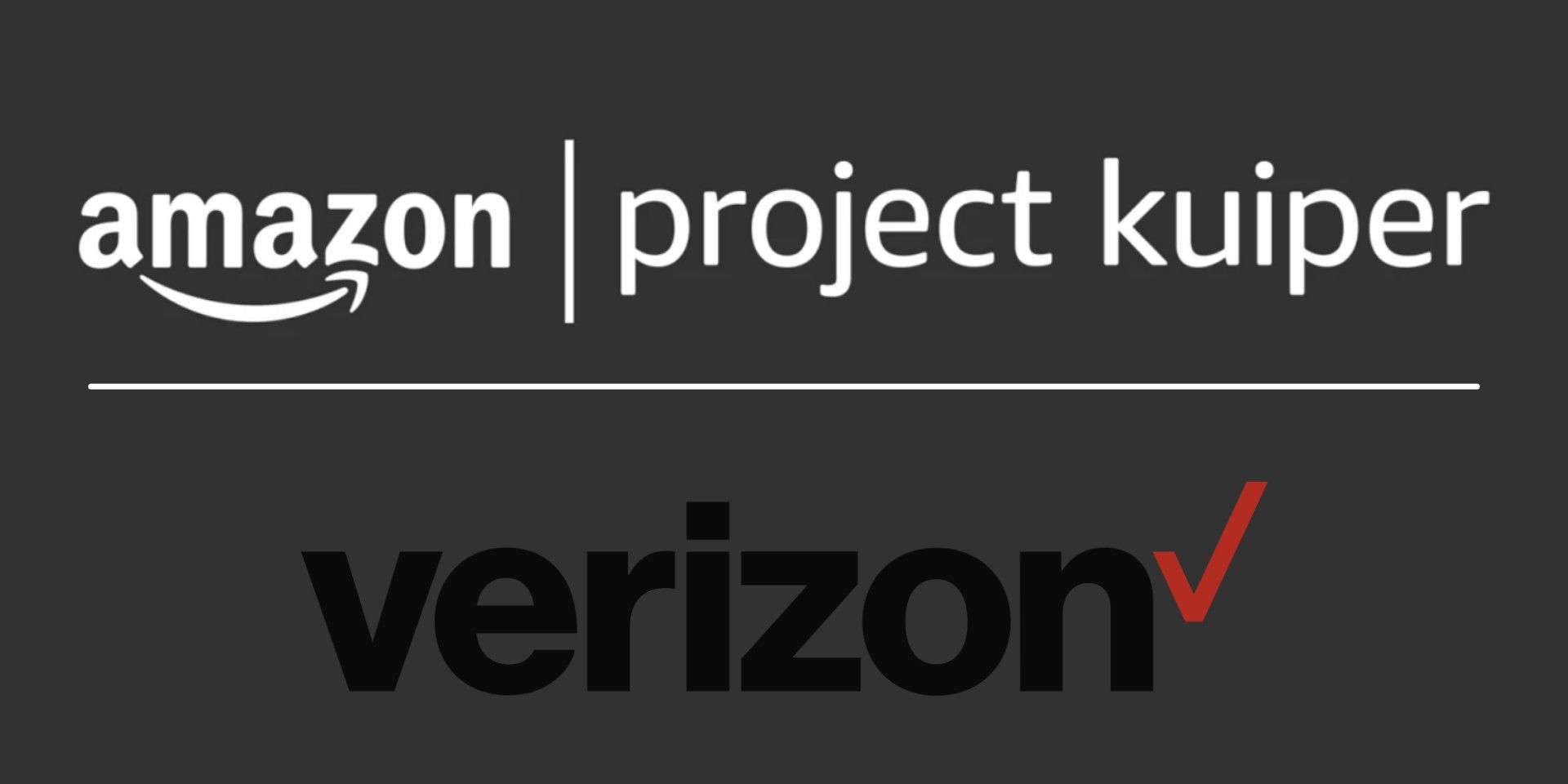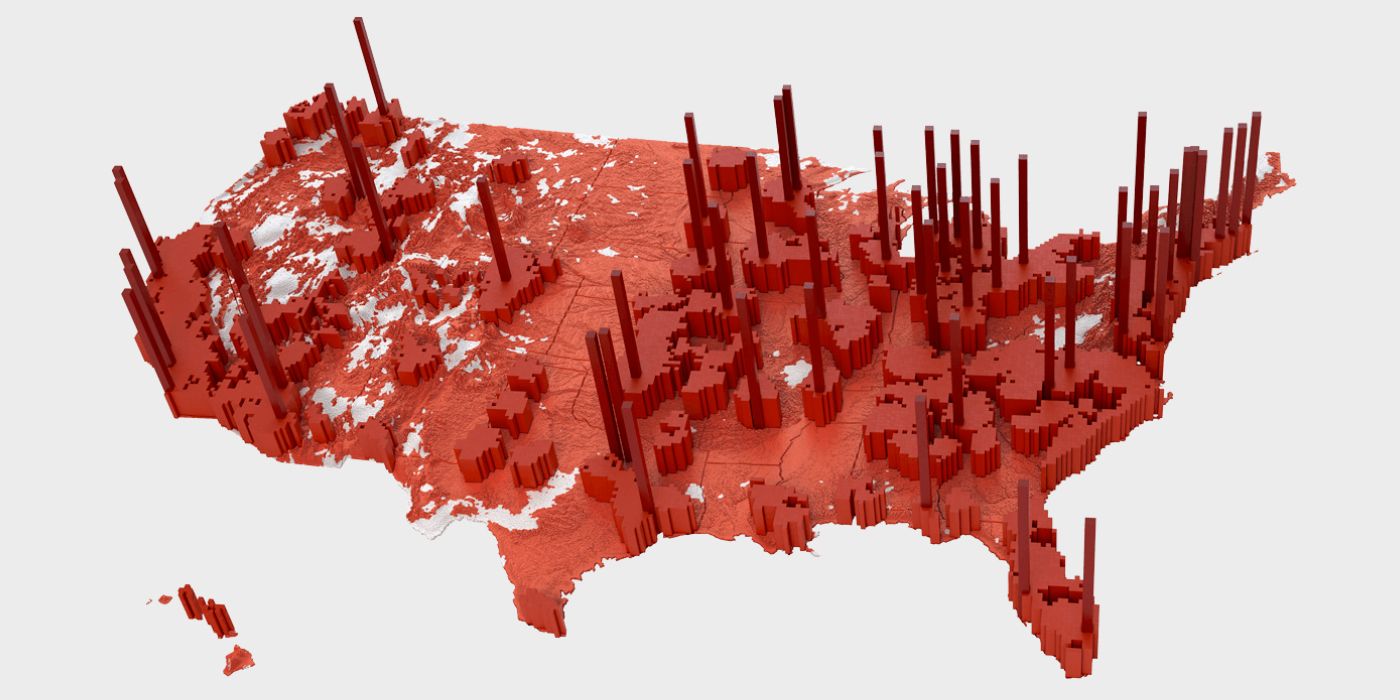
Verizon is working with Amazon to expand the carrier's overall coverage by using its Project Kuiper low Earth orbit (LEO) network. Verizon is already the leader for coverage in the United States, with AT&T coming in at a close second and T-Mobile not too far behind that. All three carriers generally have excellent coverage in major cities but vary greatly when looking at more rural areas. Coverage is only one part of the big puzzle. The other parts are speed and reliability.
The majority of rural coverage among the big carriers, especially areas where the population is low, is low-band. Low-band coverage can reach great distances but typically comes with massive speed limitations. Low-band is the complete opposite of high-band coverage. Especially with Verizon, a high-band with 5G is currently mmWave. And mmWave can barely cover a city block without another mini-tower (node) to fill in the next gap. However, mmWave 5G delivers some truly fast speeds, with the current implementation hitting upwards of 4Gbps.
But Verizon wants to change that. Verizon is partnering with Amazon in an effort to expand the carrier's overall coverage footprint. The main focus is to get Verizon coverage where the carrier isn't available yet and to provide extra backhaul to Verizon's 4G and 5G networks. "This partnership will also pave the way for Project Kuiper and Verizon to design and deploy new connectivity solutions across a range of domestic and global industries, from agriculture and energy to manufacturing and transportation," the carrier said in its press release.

While Verizon and Amazon haven't announced a timeline for the rollout, the two companies will be facing an uphill battle with SpaceX's Starlink service. Amazon's Project Kuiper isn't expected to have half of its satellites in low Earth orbit (LEO) until 2026, with the entire rig expected by July 2029. So if Starlink takes off, there's a chance that both Amazon and Verizon will lose out big time here. However, there's a pretty good chance that both survive if both services end up giving users very reliable and quick access to the internet.
Regardless, Verizon trying to build out its already extensive rural network and expand to even more folks across the nation is a great thing because there's still a chunk of America that doesn't have access to reliable internet. It's unclear at this time what type of speeds users should expect with the expansion, but having access to reliable internet access is a massive upgrade over not having access at all or very flaky service.
Source: Verizon
from ScreenRant - Feed https://ift.tt/3Gq9nm1


0 Comments